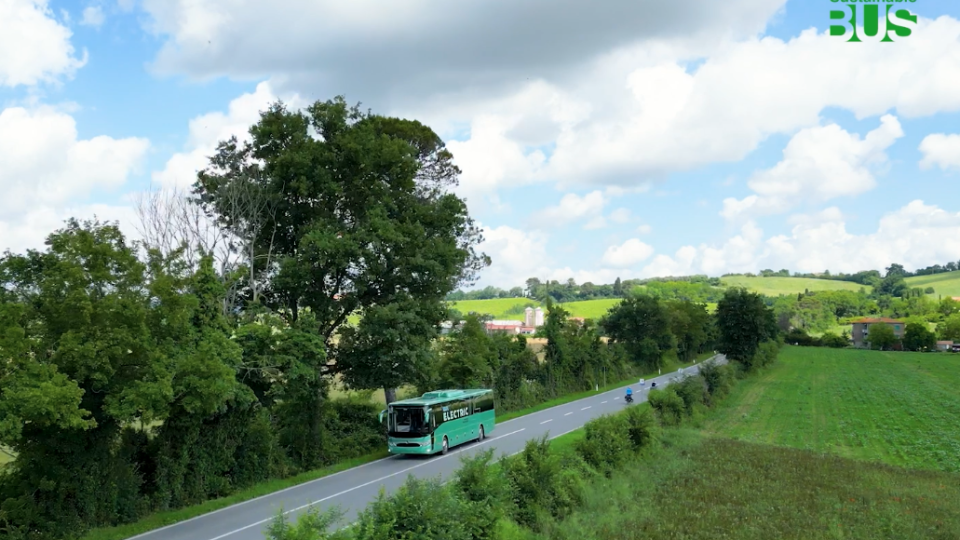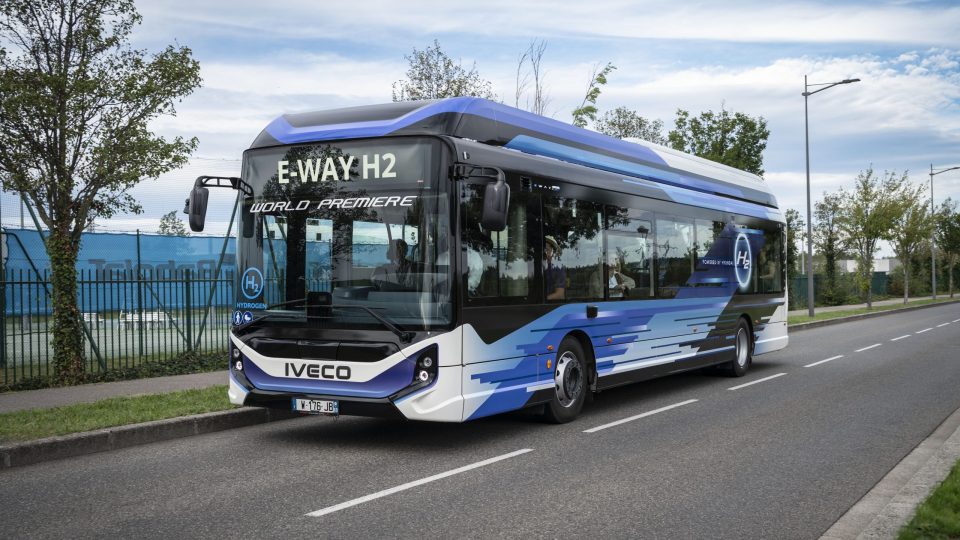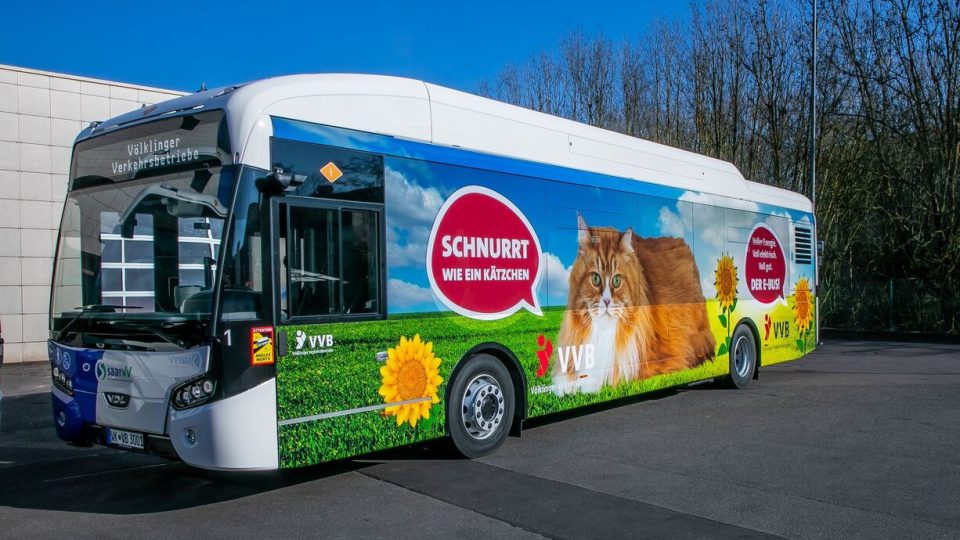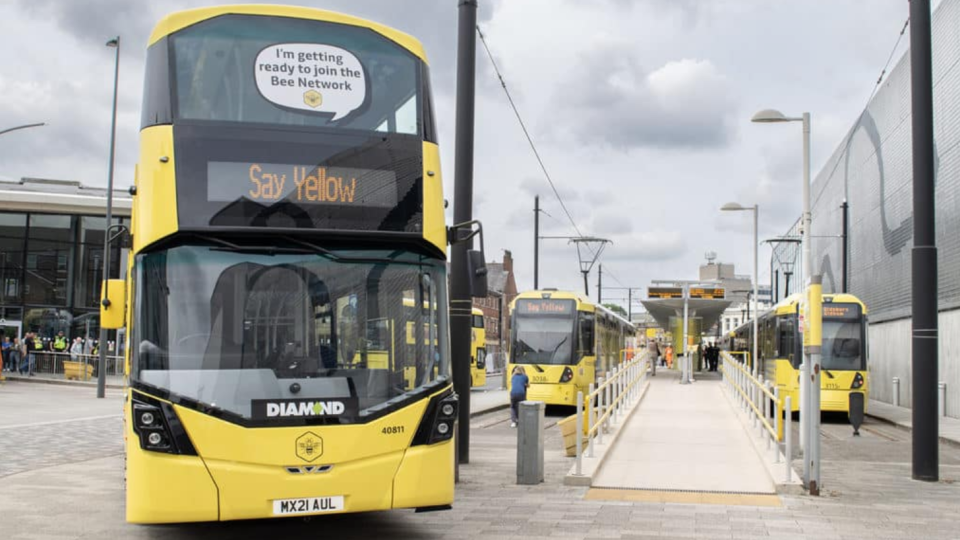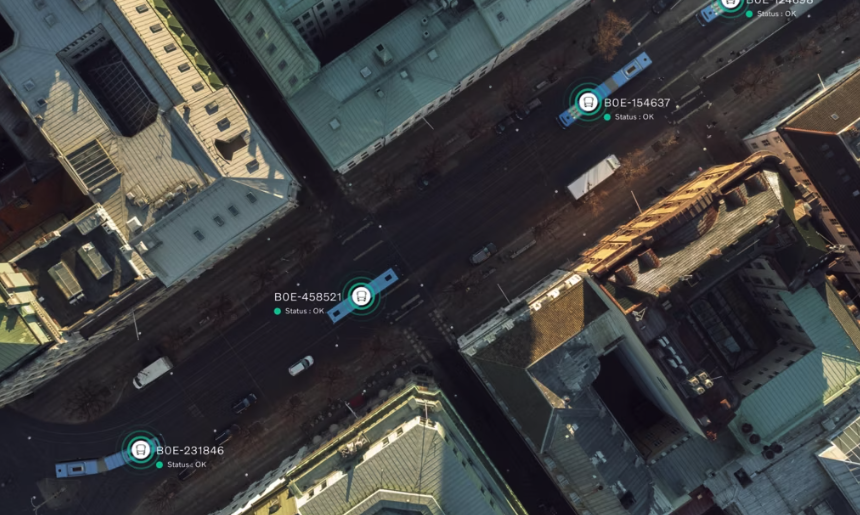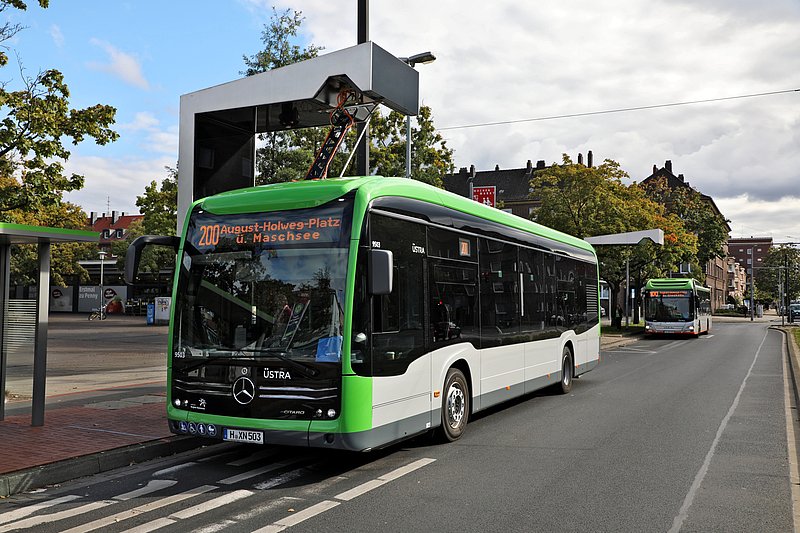Big data and AI are instrumental to improve the quality of bus services. CitySwift on UK’s National Bus Strategy
In March 2021, Boris Johnson introduced Bus Back Better, the National Bus Strategy for England. It sets an ambitious vision for revolutionising the provision of local bus services and commits public transport operators and Local Transport Authorities (LTAs) to working closely to foster a new environment that will elevate the bus to a new level.

Below, a contribution by Brian O’Rourke,
CEO, co-founder of CitySwift
focusing on a data company’s perspective
on UK’s National Bus Strategy.
In March 2021, Boris Johnson introduced Bus Back Better, the National Bus Strategy for England. It sets an ambitious vision for revolutionising the provision of local bus services and commits public transport operators and Local Transport Authorities (LTAs) to working closely to foster a new environment that will elevate the bus to a new level.
The National Bus Strategy provides long-term investment for transport operators across the UK and has the potential to improve bus services for passengers through a forward-thinking, intelligent reform of how bus services are planned and executed. But in order to make the most of the opportunities it presents, operators will need to embrace big data and artificial intelligence.
Data-driven and AI solutions will enable operators to predict journey times and passenger demand, increase punctuality and improve efficiency by reflecting real world traffic conditions and identifying congestion hotspots. They can also be used to plan the rollout of zero-emission vehicles and help identify the most effective locations for bus lanes and other priority measures.
If more transport operators start to use these types of solutions it will help to make buses a more attractive travel option and help encourage travellers away from their private cars.
Bus Back Better also has the potential to combat climate change and will help to create greener cities. Buses are key for the UK’s sustainability efforts so if we can encourage more people to get on a bus this will help to create emission-free cities and improve air quality.

